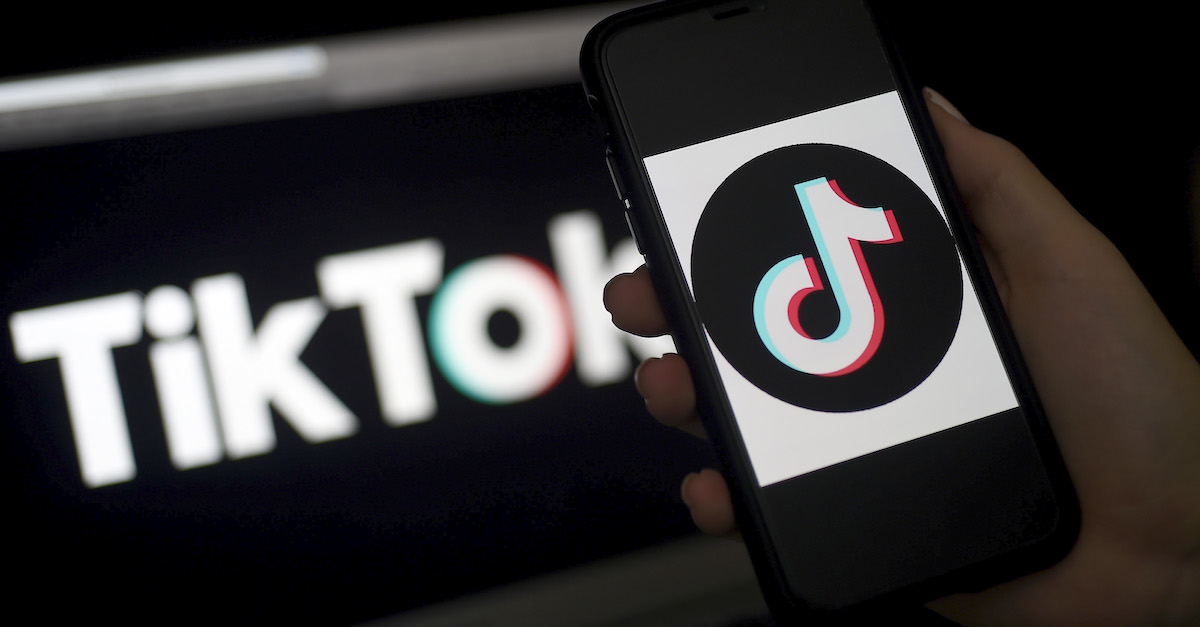
A series of federal lawsuits filed by parents on behalf of their children against TikTok, Inc. and its parent company ByteDance, Inc. are moving forward in a consolidated proceeding.
“Convinced that the app suffers from serious privacy flaws, consumers have initiated numerous putative class action lawsuits against TikTok in four federal judicial districts,” reads an entry in a federal court docket in the North District of Illinois.
The plaintiffs, in a May 8 class action complaint, allege violations of a state law which aims to protect an individual’s right to privacy in biometric information:
Pursuant to Illinois’ Biometric Information Privacy Act (“BIPA”) . . . Illinois prohibits among other things, private entities from collecting, capturing, obtaining, disclosing, redisclosing, disseminating or profiting from the biometric identifiers or information of an individual without providing written notice and without obtaining a written release from the impacted individual or his authorized representative. BIPA also requires private entities in possession of biometric identifiers to adopt retention and destruction policies and to take measures to prevent the release of that information.
Among the complaints is that the information may fall into the hands of the Chinese government:
Plaintiff and class members have particular concerns here given TikTok’s reported connections to the Chinese government, which have recently come under close public scrutiny. At least two U.S. Senators formally requested that the Intelligence Community conduct an assessment of the national security risks posed by TikTok. Because of data concerns, some U.S. military branches have even banned the use of the app on government-issued phones. Republican Senator Josh Hawley has called for a total ban on the use of the app across the United States. Reddit CEO and co-founder Steve Huffman called TikTok “fundamentally parasitic” due to privacy concerns.
The complaint alleges that TikTok and its corporate parent “disclosed and otherwise disseminated Illinois resident minor TikTok users’ facial geometric scans.” The scans were collected through the popular app’s “dance, lip-sync, comedy and talent videos.” The plaintiffs say they were not adequately warned that their data was being collected, that they were not told how their information would be used, and that their information was collected without properly obtained written releases.
The plaintiffs in one of the original cases are seeking statutory damages of $5,000 per violation of the Illinois Biometric Information Privacy Act ($1,000 of the violations were only the result of negligence); attorneys’ fees and costs; disgorgement of profits; and an injunction barring the future use of the plaintiff’s biometric information, the future collection of such information; the destruction of such information already obtained, and the “claw back” by the defendants of information already given to third parties.
President Donald Trump said Monday that TikTok should be sold to an American company and that the federal government should receive a cut of the sale price.
Read the full complaint below.
TikTok Complaint (ND IL) by Law&Crime on Scribd
[Photo illustration by OLIVIER DOULIERY/AFP via Getty Images]